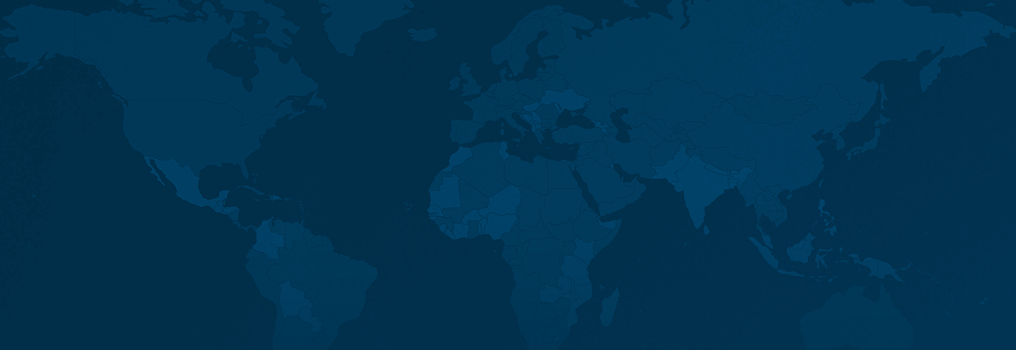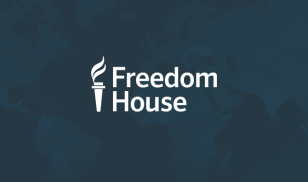


Thailand
While its 2023 elections were comparatively open and competitive, Thailand's leading opposition party, Move Forward, was blocked from forming a government by the military-appointed Senate. Press freedom remains constrained, due process is not guaranteed, and there is impunity for crimes committed against activists.
Research & Recommendations
Thailand
| PR Political Rights | 12 40 |
| CL Civil Liberties | 24 60 |
Overview
Following five years of direct military rule, Thailand transitioned to a military-dominated, semielected government in 2019. The combination of democratic deterioration and frustrations over the role of the monarchy in Thailand’s governance triggered massive demonstrations in 2020 and 2021. In response, the authorities used repressive tactics including arbitrary arrests, intimidation, lèse-majesté charges, and harassment of activists. While the 2023 elections were comparatively open and competitive, the leading opposition party, Move Forward, was blocked from forming a government by the military-appointed Senate; another opposition group, the Pheu Thai Party (PTP), entered government in coalition with several military-aligned parties. Press freedom remains constrained, due process is not guaranteed, and there is impunity for crimes committed against activists.
Democratic governments and donors must increase and sustain support for those working to defend and promote fundamental freedoms around the world. Failure to do so emboldens autocrats and can result in the loss of hard-won progress.
The events of the past year in places such as Nagorno-Karabakh and the Gaza Strip provided stark evidence that populations without self-determination are at greater risk of extreme human rights abuses or atrocities.
At least 40 countries are holding national-level elections in 2024, and many more will conduct other types of balloting. Free and fair elections are a cornerstone of any democracy, and independent and transparent electoral processes are necessary to foster genuine competition and public trust.
Thailand
| A Obstacles to Access | 16 25 |
| B Limits on Content | 14 35 |
| C Violations of User Rights | 9 40 |
Overview
Internet freedom is severely restricted in Thailand. Ahead of the 2023 general elections, opposition members were discredited through state-sponsored disinformation campaigns, while prodemocracy activists faced arrest, surveillance, and extralegal harassment in retaliation for their online content. Authorities blocked websites and removed content that violated provisions of the restrictive Computer-related Crimes Act (CCA). Internet users continued to be charged with lèse-majesté, with some receiving heavy prison sentences for defaming the monarchy online. Although the repressive emergency decree issued in response to the COVID-19 pandemic lapsed in September 2022, cases continued for individuals previously charged under its provisions.
Freedom of expression online is increasingly under attack as governments continue to restrict connectivity and block social media platforms and websites that host political, social, and religious speech. Protecting freedom of expression will require strong legal and regulatory safeguards.
Even before the new wave of generative artificial intelligence (AI) products, AI was a key factor in the crisis of information integrity, serving as an intensifier in environments that were already vulnerable to manipulation. However, advancements in generative AI will supercharge the creation and dissemination of false and misleading content.
Governments worldwide have passed increasingly disproportionate surveillance laws, and can access a booming commercial market for surveillance tools, giving them the capacity to flout the rule of law and monitor the private communications of individuals inside and beyond their borders.

For decades, Thailand has served as a haven for people escaping war and political repression in countries throughout Southeast Asia and the broader region. However, protection for individuals from foreign governments in Thailand is limited and ad hoc.
Like-minded governments and international organizations should work together to highlight the threat of transnational repression and establish international norms for addressing it.
This includes agreeing on a common definition of transnational repression, and prohibiting the use of Interpol notices on their own to deny immigration or asylum benefits or conduct arrests.
Among other tactics, governments should deploy a robust strategy for targeted sanctions against perpetrators of transnational repression.



